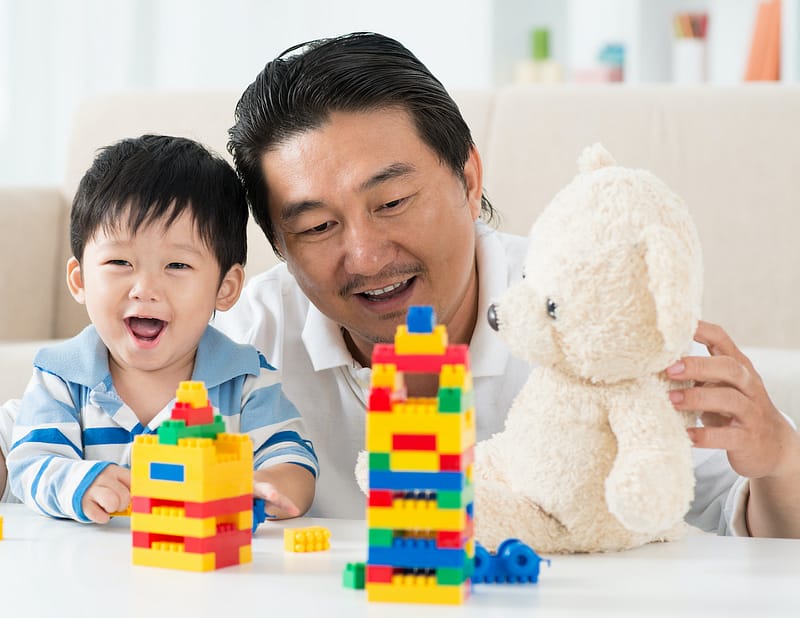Heather Baker is a pediatric social worker at The Children’s Hospital at OU Medicine.
Q: Are more people seeking mental help for their children right now?
Baker: Currently, families are focused on following recommendations and getting adjusted. … I’ve had a sharp decrease in patients coming for their scheduled appointments (since Monday) — especially in the past two days. This doesn’t mean that I won’t hear from them soon. Our campus IT and clinic administration, after heightening protections for our patients and our staff here in the clinic, are now focused on rapidly implementing expanded telemedicine service availability to more clinics, including ours. We are hopeful that many of our patients will be able to access services in this way while keeping themselves and others protected. Just as others need to think “outside the box” with these new challenges, we will do this, as well. We’ll do our best to meet any increased demand for our services.
Q: What recommendations do you have for parents and children stuck in the house with nowhere to go, especially with the weather keeping them from going outside?
Baker: Be creative! Try to focus on what you CAN do rather than what you can’t do. Our available technologies now let us visit via video connections, emails, texts and the old standby of phone calls. Children would love to draw and color pictures for loved ones that can be photographed or scanned and sent around the world. We have some fantastic budding videographers out there too and they could create video messages that include updates for families, performances, how-to’s. I just received a miniviolin recital from my nephew in the UK today. It was fantastic, and I enjoyed seeing him doing something that he loves.
Q: How can parents address pandemic fears with their children?
Baker: Children and teens are definitely experiencing worry about this situation. Here are some things that parents can do to help:
• Keep any already established routines that you can or create modified routines. Children thrive when they know what to expect and when. Children also tend to be much more cooperative when they know what is expected. If you’ve not used routines before, start out with one or two simple ones such as setting the table for meal time each day.
• Spend device free and screen free time with your children. Play and create together. Read together. It’s not about entertaining your kids. It’s about being present and interacting with them.
• Limit the amount of news that children are exposed to (and this is a good idea for adults to do for themselves). Some information is helpful to us, but too much of it becomes a worry generator.
• Let them see you taking care of yourself — taking time to unwind, bathing and dressing each day, making healthy food choices, staying connected with loved ones. Talk to them about how they are taking care of themselves. It’s never too soon to start good habits.
• Listen to them. It’s easier said than done. All that interaction time will allow for great opportunities to listen to your kids. Kids will often let us know what they are worried about through their questions to us. Provide simple, brief, age-appropriate responses.
• Assure your kids that any feelings they are having are okay. Acknowledge their expressed (through words, actions, or body language) feelings — “You look really worried right now.” Kids need to know that they have an understanding place to talk about how they are feeling.
• It’s OK for you to say that you need time to think about an answer. It’s also OK to tell them you don’t know the answer or that you will try to find out for them.
Q: Are we all just malfunctioning due to a lack of normalcy?
Baker: We all respond to stressors differently and change is hard, never mind sudden change. Most of us will settle into a temporary new normal in time. If a person doesn’t feel like they are “settling in” in what they consider to be a reasonable time, they should reach out to friends, family, or professionals like us.
Q: How can people tell when their children need professional help?
Baker: Children and teens can exhibit anxiety in many different ways including increased irritability, difficulty sleeping routinely, increased crying or increased withdrawal, even a regression in development that they’ve already achieved. Some of this is to be expected with stress and change, but if it becomes a problem or doesn’t improve in a reasonable amount of time, it’s time to reach out to a professional.




